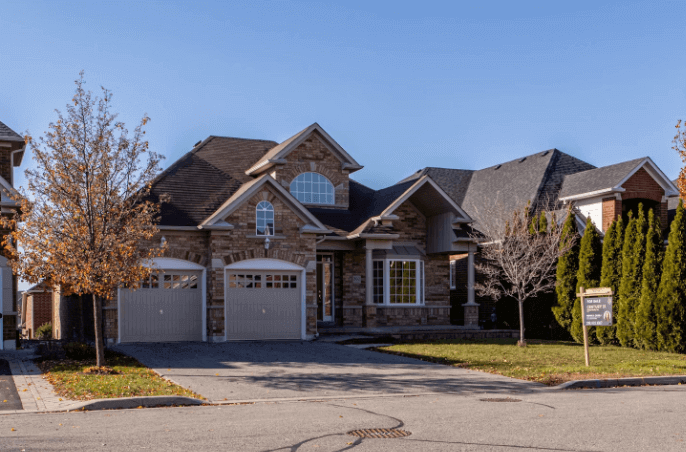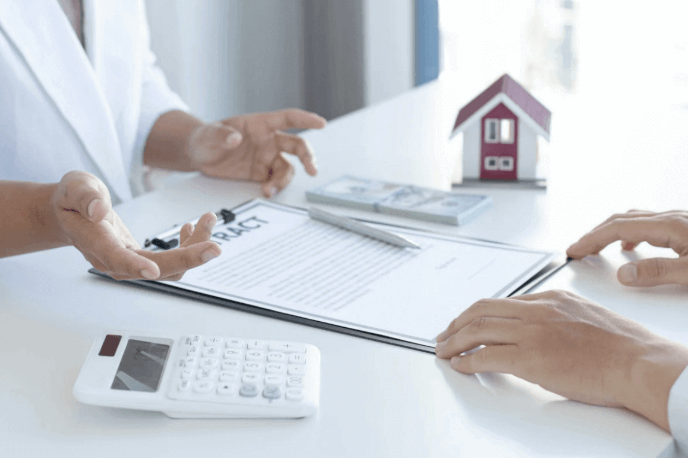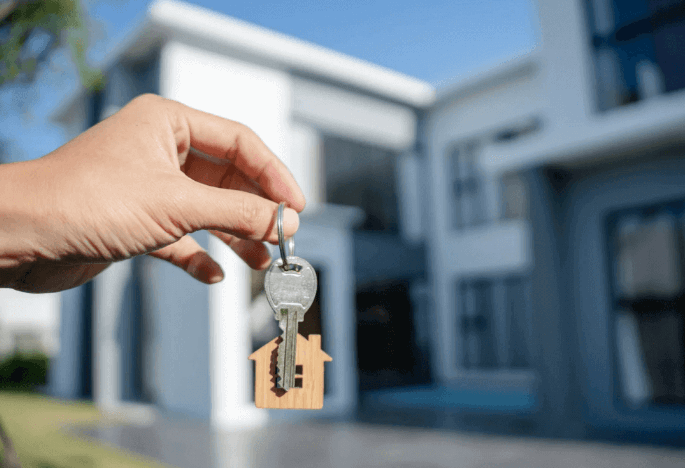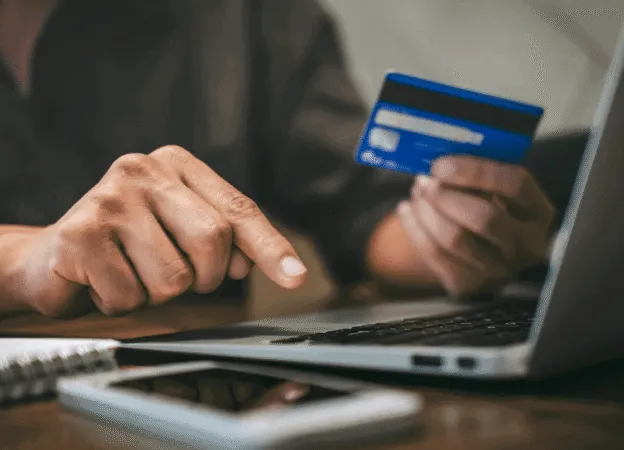When it comes to the idea of being able to buy your first property, it can feel both exciting and overwhelming at the same time. While this may be something that you’ve been working toward for a while, it can also seem like such a big task to take on. Although it certainly it, it shouldn’t take away from the sense of accomplishment that you will also feel.
After all, you have worked hard to save your money and get into a position to buy your first home. To help with that, one thing that can allow you to focus on the positives and lean away from the stress is to ensure that you’re fully prepared for what this will entail.
So, in this blog post, we’re going to walk you through the entire homebuying process so that you know exactly what to expect and can focus on being excited.
Steps Involved in The Homebuying Process
Know What You Can Afford
Firstly, it’s important that you make sure you know what you can afford. Getting your deposit together is the first step, but you will also want to work with a mortgage advisor and get a decision in principle to see what your budget will be. Then, you can start officially looking.

Create a List
As you’re starting to begin your property buying process, make sure that you compile a list. Using a wants and needs checklist is going to help you choose the right property. That way, you have a list of things that are essential and what you would like to have if possible, and it will make the choice feel a lot easier.
Be Prepared for the Paperwork
There always tends to be a lot of paperwork that goes with the homebuying process. So, make sure that you’re prepared for it. You will need to have all of the ID and information that is requested of you. If you’re self-employed, this might be more extensive too.
Work With the Right Experts
One of the most important parts of the process here is making sure that you’re choosing the right experts to work with. Good professionals can make a smooth and seamless process.
So when you’re choosing your estate agent and looking for house buying solicitors, do your research and choose carefully. Otherwise, you may find that the experience is more stressful than you need it to be.
Be Patient During the Process
Ultimately, it’s always going to be really important for you to be as patient as possible during this process. It’s safe to say that it’s never going to be the smoothest journey. Even if things do go to plan for you, it can take a least twelve weeks for your sale to go through.
There may even be hiccups along the way. So, the best thing you can look to do here is ensure that you are patient and that you’re prepared with anything that your estate agent or solicitor may need from you. That way, you can ensure that the experience is as stress-free as it possibly can be.
Conclusion
Buying your first home is a monumental milestone, and while it might come with its fair share of stress, it’s also an exciting journey that marks the beginning of a new chapter.
By understanding each stage of the homebuying process, from calculating your budget to assembling the right team of experts, you’re setting yourself up for a smoother, more informed experience. The more prepared you are, the more confident and in control you’ll feel every step of the way.
Remember, patience is key. Even when things feel uncertain or delayed, keeping a calm and organized approach will help you stay focused on the ultimate reward: owning a home that fits your lifestyle and dreams. You have worked hard to get here, and now it’s time to enjoy the fruits of your effort.

Frequently Asked Questions (FAQs)
1. How much should I save for a down payment?
Most lenders recommend saving at least 5 to 20 percent of the property’s purchase price. However, this can vary depending on the mortgage product and whether you’re using any first-time buyer programs.
2. What’s a mortgage in principle, and do I need one?
A mortgage in principle, also called a decision in principle, is a statement from a lender indicating how much they’re willing to lend you. It’s not a guarantee but is essential when you start viewing homes as it shows agents and sellers you’re a serious buyer.
3. Should I use a mortgage broker or go directly to a bank?
A broker can provide access to a wider range of deals across multiple lenders, which can save time and money. Going directly to a bank may be quicker, but you’ll only see their offerings.
4. What is included in closing costs?
Closing costs typically include solicitor fees, property surveys, land registry fees, valuation charges, and stamp duty if applicable. These can range from 2 to 5 percent of the home’s purchase price.
5. How long does it usually take to buy a home?
The timeline can vary, but it usually takes around 8 to 12 weeks from the offer being accepted to completing the purchase. It may take longer if there are delays with legal checks or chains involved.
6. Do I need a solicitor to buy a house?
Yes, conveyancing solicitors handle the legal side of buying a property. They’ll manage contracts, conduct searches, liaise with the seller’s solicitor, and ensure all legal requirements are met.
7. What should I look for during a property viewing?
Look beyond cosmetic appeal. Check the condition of the roof, walls, plumbing, electrical systems, windows, and overall structural integrity. Take note of noise levels, parking, and proximity to amenities.



